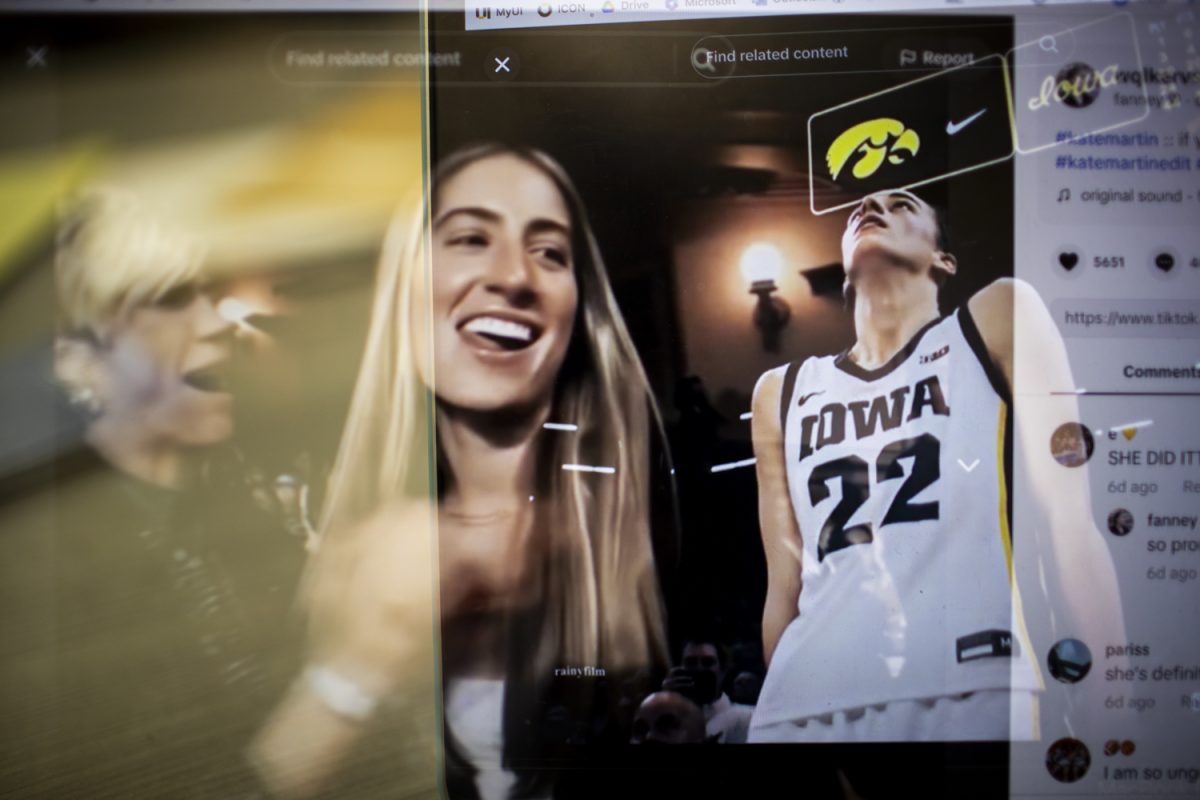Recently arrested University of Iowa students were not permanently removed from the residence halls or expelled from the university despite previous drug charges on campus.
The UI’s “one strike” policy, which calls for a student’s suspension from her or his residence hall after one drug-related offense, is not quite cut-and-dried, officials said.
Three of the 11 students arrested in last week’s campus drug raid were also charged on campus with possession of marijuana or paraphernalia during this academic year. All of the violations took place on the UI campus, including one in a residence hall.
University officials declined to comment on what disciplinary actions were taken against the students following those charges.
Search warrants from an officer with the Johnson County Drug Task Force state that authorities had some sort of contact with almost every student prior to their arrest last week.
Certain drug-related activities can be exempt for the “one strike” policy, officials said.
Greg Thompson, the manager of Residence Life operations, said punishments are based on a variety of factors, including whether the individual possesses the actual drug or just paraphernalia.
According to University Housing’s policies and regulations, students found guilty of violating drug policies will “ordinarily” be suspended from the residence halls and will be required to take a substance-abuse program at Health Iowa.
Of the 67 drug-related sanctions in 2008-2009, the majority resulted in disciplinary probation; 19 students were removed from the residence halls.
Authorities said previous charges for those charged last week did not lead to the investigation and eventual raid. Instead, complaints from Residence Life staffers initiated the events.
“In terms of the initial investigation, I don’t believe prior bad acts were what proved to be the catalyst,” said Charles Green, the assistant vice president for the UI police.
Still, officials said previous contact with law enforcement could play an important role in the university’s disciplinary decisions against the students.
“I definitely think we take into consideration past history and events,” Thompson said. “It’s just like if they had prior offenses in the residence hall. That usually comes into play.”
Though officials said they cannot comment specifically on the status of the students involved in this incident, UI Dean of Students David Grady said depending on the violations, there could be interim sanctions handed down until officials can issue a final judgment.
First-time offenders are made aware of the consequences that might occur as a result of repeat offenses, Grady said.
“It plays a role,” he said. “[A letter sent to offenders] clearly states that if there’s another incident that occurs in the probation, they may be suspended from the university. We hope that students learn from their mistake and not repeat it.”






